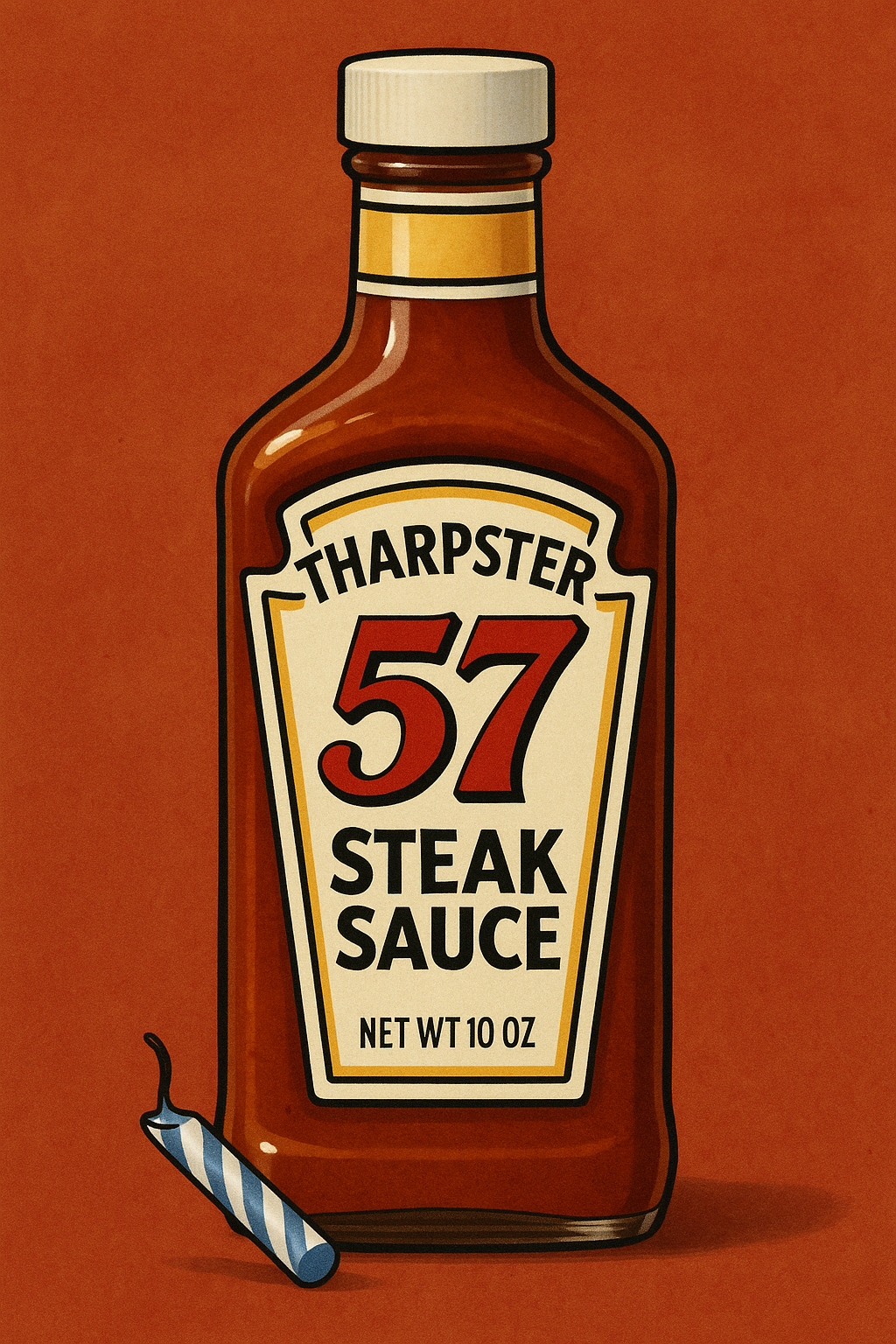As I understand it, a universal basic income allows for all of the occupiers of space in a given local to receive a sum of cash from the powers that be so as to reduce poverty and foster equality.
Lately, one of the other reasons resides in the premise that the continued growth of automation in our lives will become so ubiquitous that there will be no work for anyone, regardless of whether we pee sitting down or standing up. As such, it will be necessary for a governmental entity (a big one, I’m guessing) to provide us with an income in order to make sure there’s money in the account each month when the Netflix draft is scheduled to take place.
I’m reminded of Ross Perot admonishing Larry King about a potential run for the Presidency.
“Now Larry, if I have to run, then this country is in a whole lotta trouble.”
Quick side note, you heard his voice when you read that quote, didn’t you?
My response to incorporating a universal basic income (UBI) in our lives carries that same inflection and Texas twang of Mr. Perot.
“Now Larry, if we have to do a UBI, then this country is in a whole lotta trouble.”
I don’t know that we’ll ever need to do a UBI as much as we want to do a UBI.
Consider how much automation has crept into our lives in the last 20 years.
We spend more of our time banking on line versus face to face with a teller.
Most of our payroll is directly deposited into our bank account.
We go online to order a pizza instead of calling Pizza the Hutt.
Whenever we call a company for a service, be it a utility, or shopping, or whatever else we call these people for, a voice response unit answers the call and uses voice recognition software to figure out what department you should be connected to. Even then, these units will only transfer you if it can’t solve your problem immediately, or if you use a voice tone that broadcasts your disdain for getting the run around from a computer.
We have smart phones which are loaded with all types of software to make our lives a lot easier as well. We can use them to turn the lights on or off at the house, arrange a ride from one location to the next, and reserve a place in line at the nearby steak house.
So even in the last twenty years when the automation of our lives has grown expodentially (thank you Joe Biden), wouldn’t it only make sense that our employment rates would have been proportionately impacted?
Of course.
The only problem is that the unemployment rate at this time in the fall of 2019 sits at 3.5% (as of September). September, 1999 logged 4.2% unemployment. During that time period, the rate went as high as 10% as a result of 2008 meltdown.
All of the applicable unemployment data from the gubment can be found at: https://data.bls.gov/timeseries/LNS14000000
Just because it needs to be said, the 2008 meltdown didn’t come as a result of automation.

So riddle me this, Batman.
Recent history shows us that ramping up automation has not had a negative impact on our ability to get a job and earn an income. This pretty much tears apart the idea that automation is a bad thing.
So Larry, why do we need a UBI?







